Product and Industrial Design degree programmes at The Design Village (TDV) train students on the end-to-end product design process, right from understanding the user, ideating solutions, creating prototypes, to delivering finished products of both hand-held and industrial scales including automobile, furniture etc. The programmes offer students an industry-centric blend of thinking and making skillsets, critical to excel in a highly technical product and industrial design industry. The education at TDV aims to prepare product and industrial design professionals for the future, and the courses under these programmes are run with an inherent focus on Digital Fabrication and Material Practices.
B.Des (Hons.)
More about 4-year
undergraduate programme
M.Des
More about 2-year
postgraduate programme

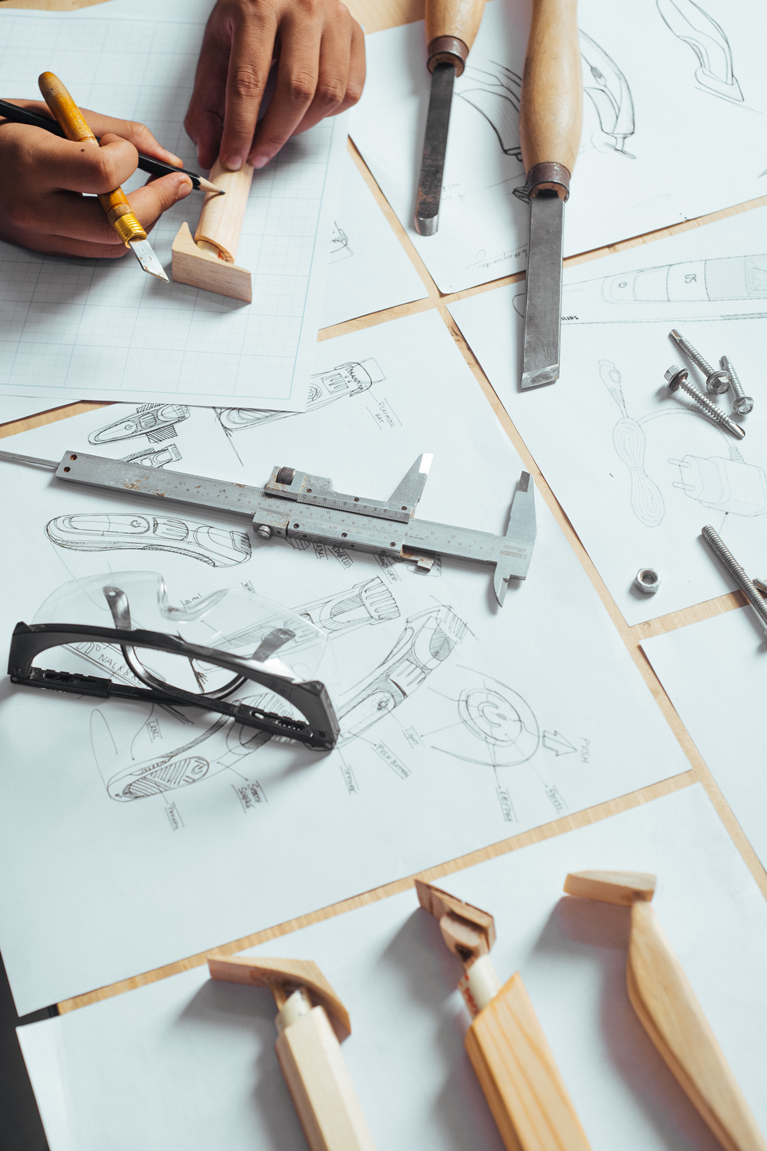
(HIGHLIGHTS)
Why choose TDV FOR
Product & Industrial Design?
Digital Fabrication and Material Practices
Product and Industrial design education at TDV is forward looking, and this intent is deeply rooted in the curriculum with a focus on two critical knowledge domains: Digital Fabrication, a design and manufacturing workflow where a computer directly drives production, and Material Practices, a subject that involves active engagement with materials for exploration of their properties and meanings in various disciplines
Industry-centric Ecosystem
With a Forbes’ award-winning campus located in the heart of Noida’s manufacturing industry, TDV’s Product and Industrial Design programmes offer students the perfect ecosystem to experience world-class education, with access to the industry’s most prominent professionals including Alexander von Vegesack, Anne Sarah Panhard, Jatin Ahuja etc., and the opportunity to work on 10+ real world projects.
Placements
TDV’s Product and Industrial Design programme has strong ties with global manufacturers, established studios and admirable startups, enabling students to get their foot inside some of the most inaccessible industry doors across the world, including Big Boy Toyz, Dalmia Bharat, Dassault Systemes, Godrej, Hermès, JCBL, Muji, Noise, Royal Enfield and Steelbird.
(PLACEMENTS)
Work for
Leading Brands
Industry Relations team at TDV works closely with students to help them secure internships and placements from a diverse and prestigious array of sources, while ensuring that their personal career goals are met.
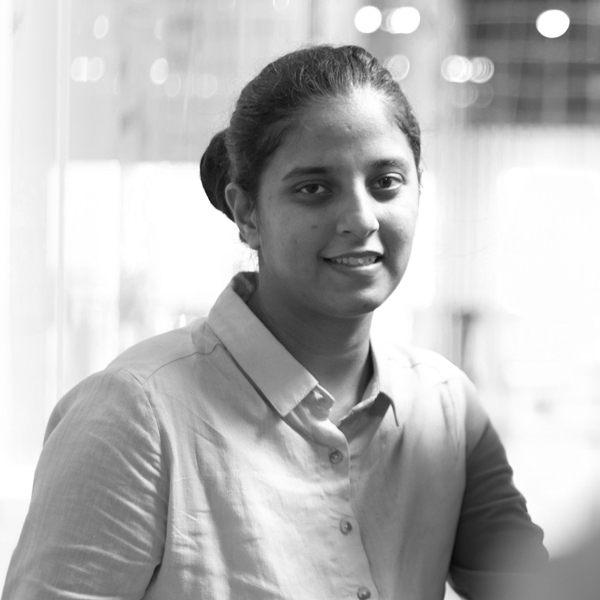

Yukti Anand
Dassault Systemes, Pune


Alex Kurian Varkey M
Imagimake, Ernakulam
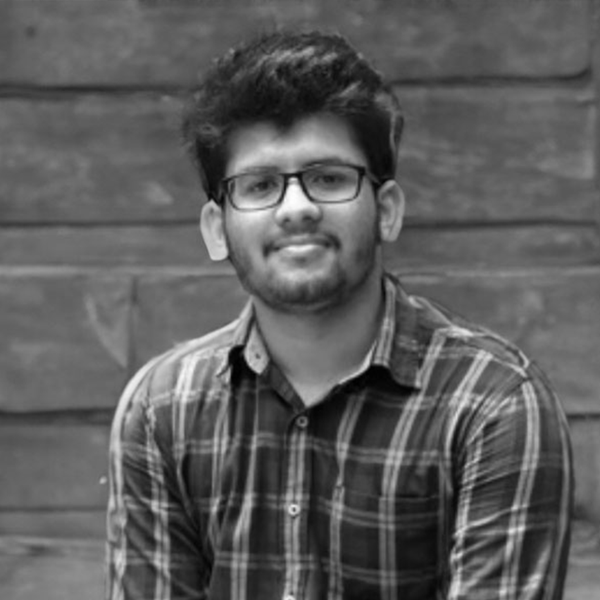

Akhil Padharthi Ganesh
JCBL, Chandigarh


Muskaan Mahendru
Noise, Delhi
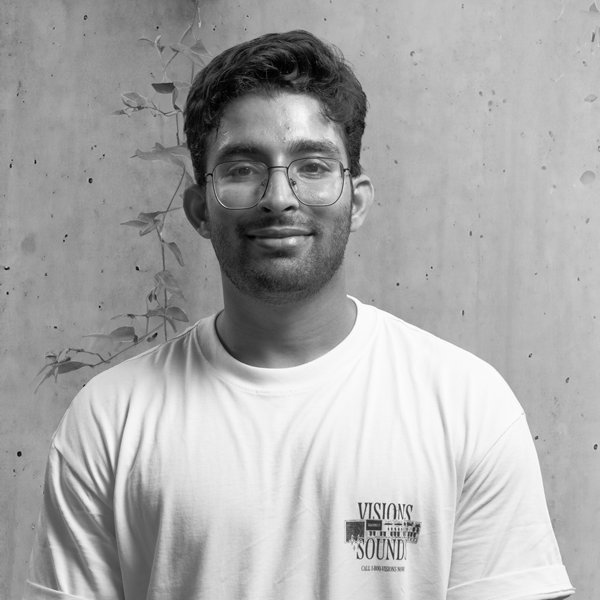

Harshal Tyagi
Steelbird, New Delhi


Arinjoy Barua
Wildcraft, Bengaluru
(AWARDS)
Get Globally
Recognized
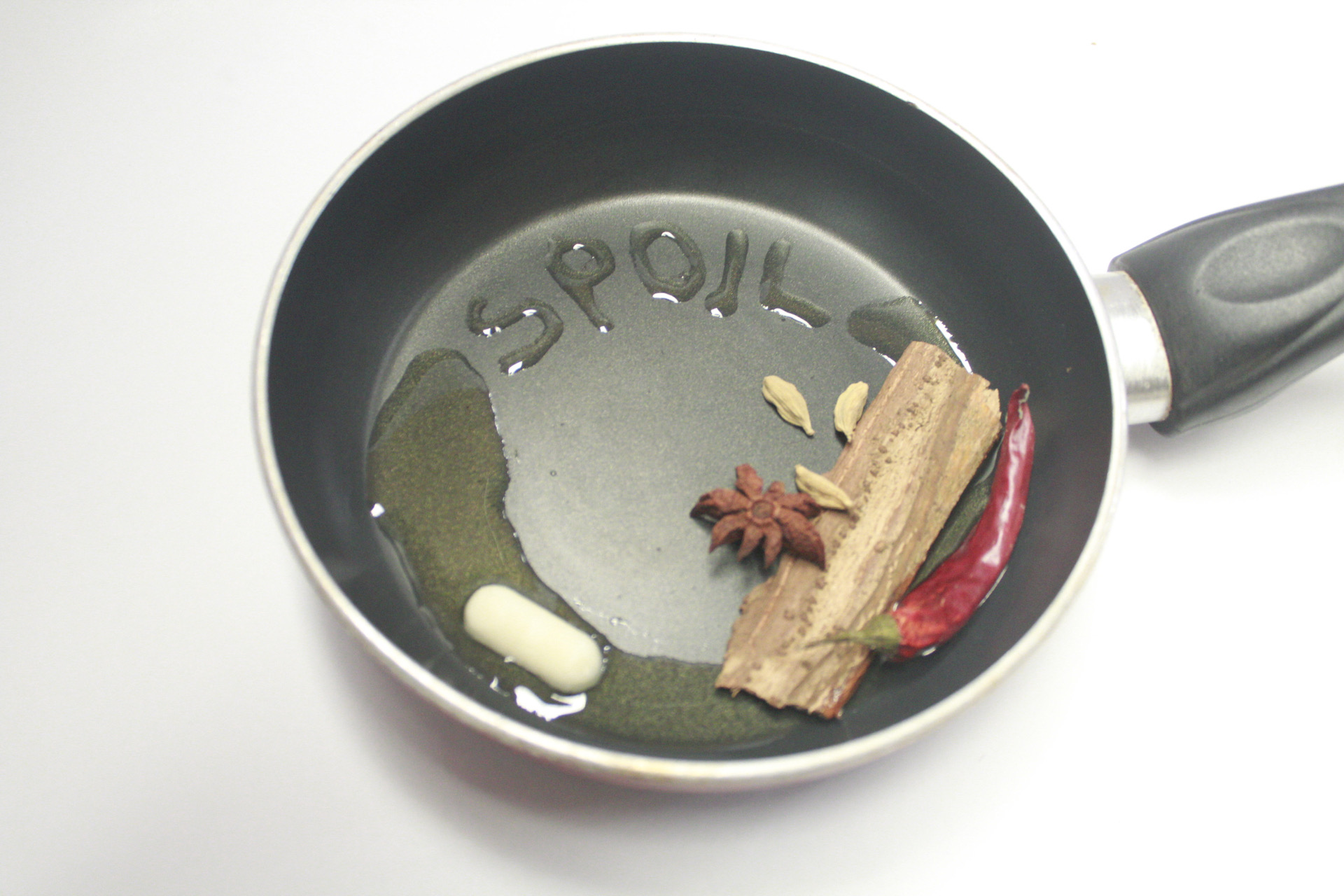

Tanish Agrawal, Arshad Bajil Kuttasseri, Kunika Sharma, Natasha Singh, City(ies) of Origin, 2022
SPOIL, An eco-centric systems-level intervention to redefine the experience of consuming edible oil, Community Choice Prize 2021, Biodesign Challenge (New York, USA)

(Real-world Projects)
Industry projects are a part of TDV classroom, giving students an in-depth, hands-on experience of how organizations approach actual design problems, manage clients, and deliver final products in the market.
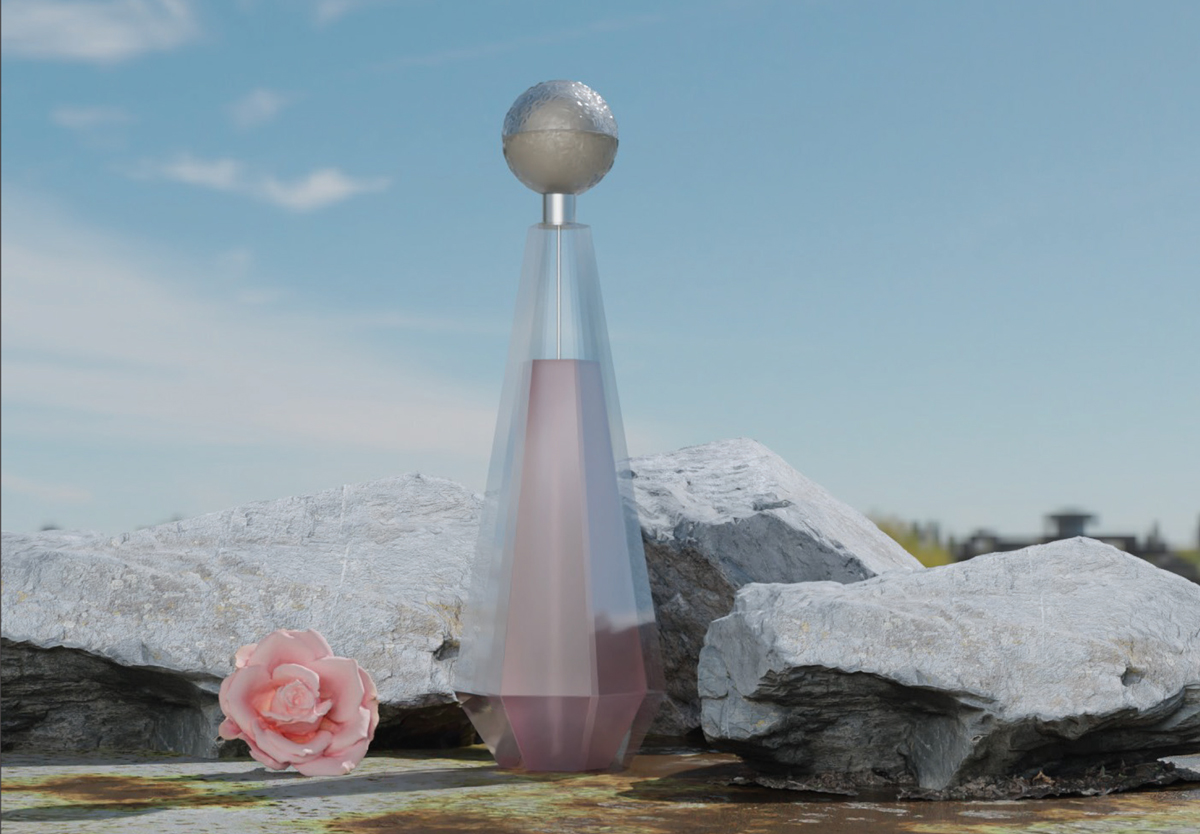

New-age Lighting Design, 2018, Instapower
New-age lighting solutions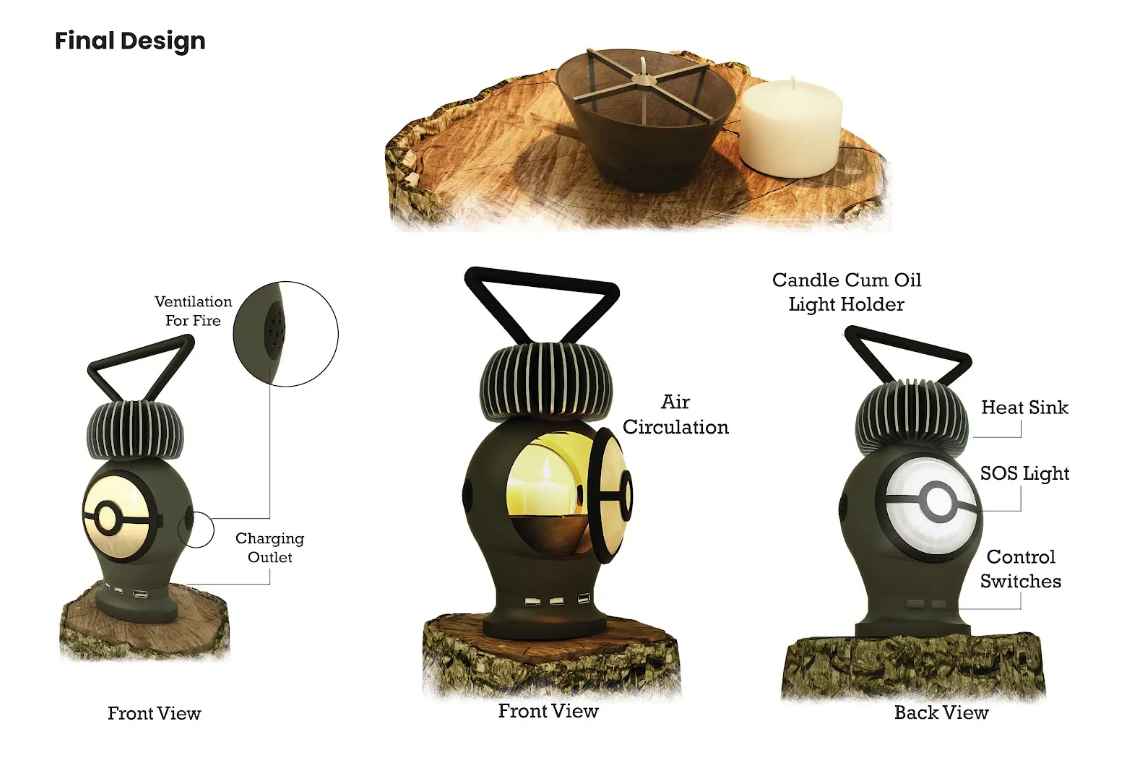
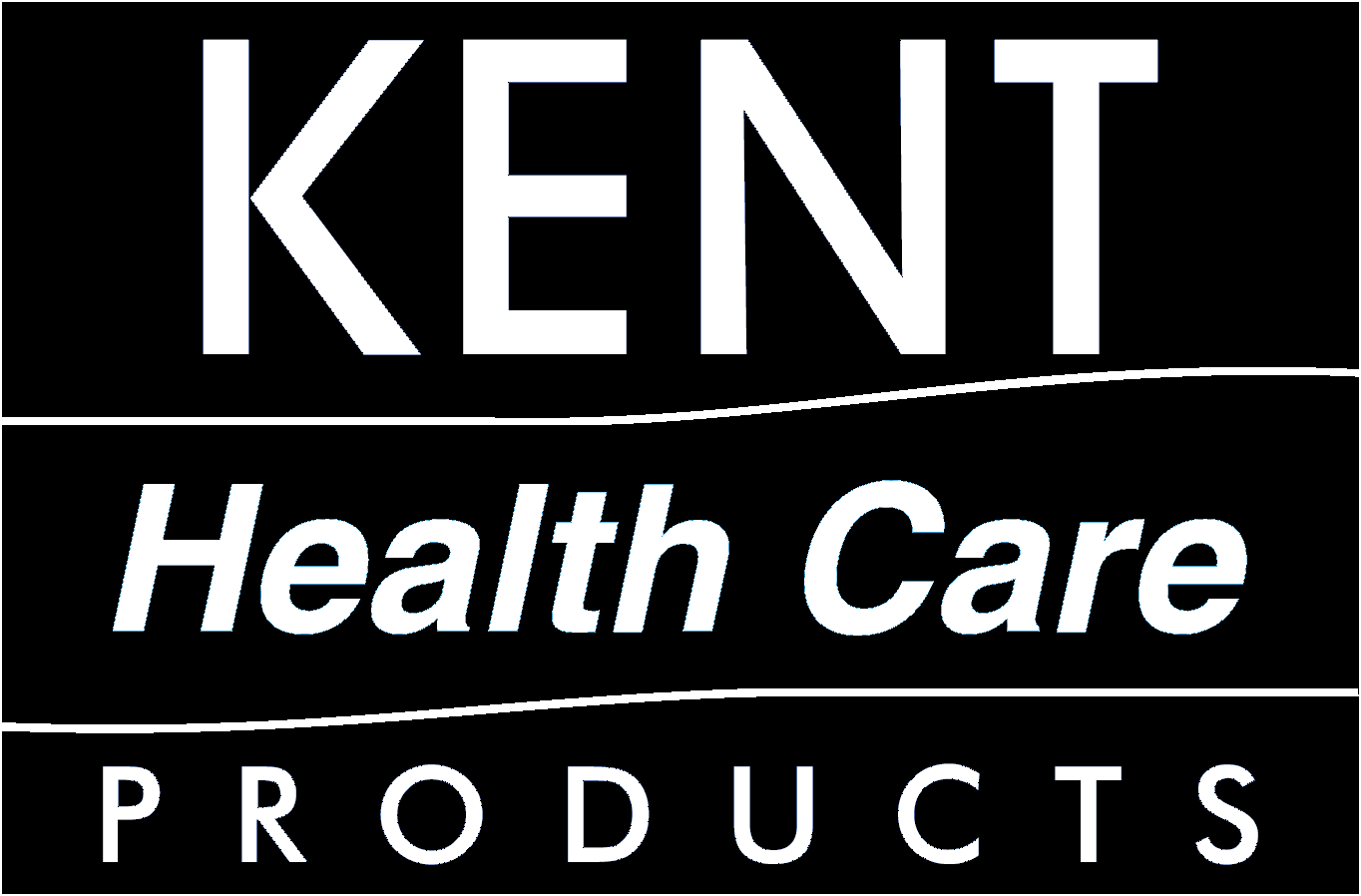
Pure Living Experiences, 2019, Kent
Strategies on product ethos

Muji Product Engagement, 2022, MUJI
Strategies for improving customer engagement and action for women merchandise

Yashraj Bharati Samman, 2023, Yashraj Research Foundation.
Cost effective, sustainably produced YBS medallion
(STUDENT WORK)
Innovate in
THE CLASSROOM
From hand-made to industrial-scale manufacturing, Product and Industrial Design students at The Design Village dive into creating products that are not both visually stunning and functionally transformative.
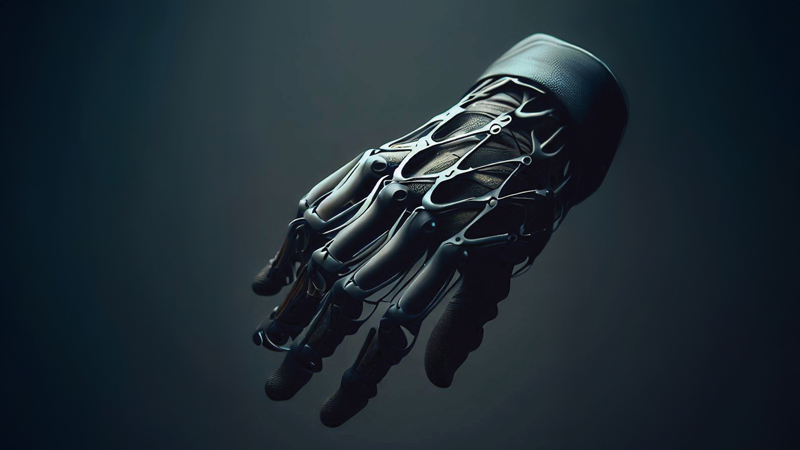
Grip Strengthening Gloves
A glove designed to assist people with limited finger movement or difficulty grasping objects.
Ishita Negi
2025
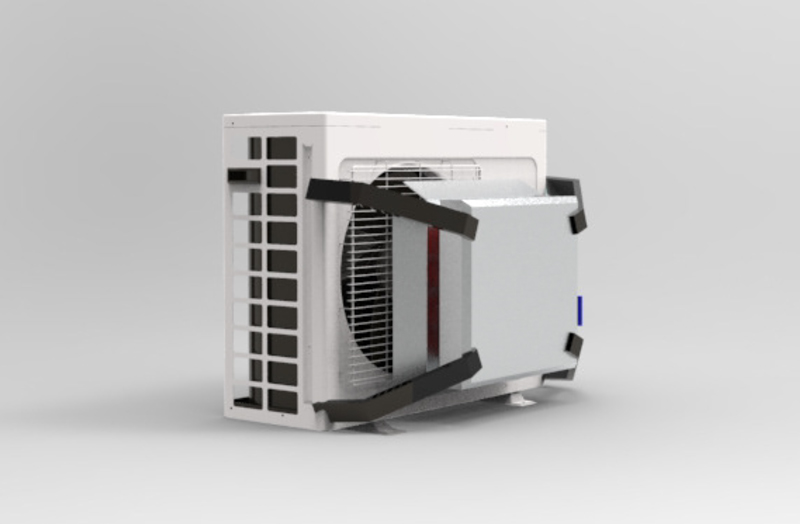
Cogeneration
A device to convert the waste heat energy from the outdoor unit of the air conditioner into electricity.
Ankit Kumar
2023
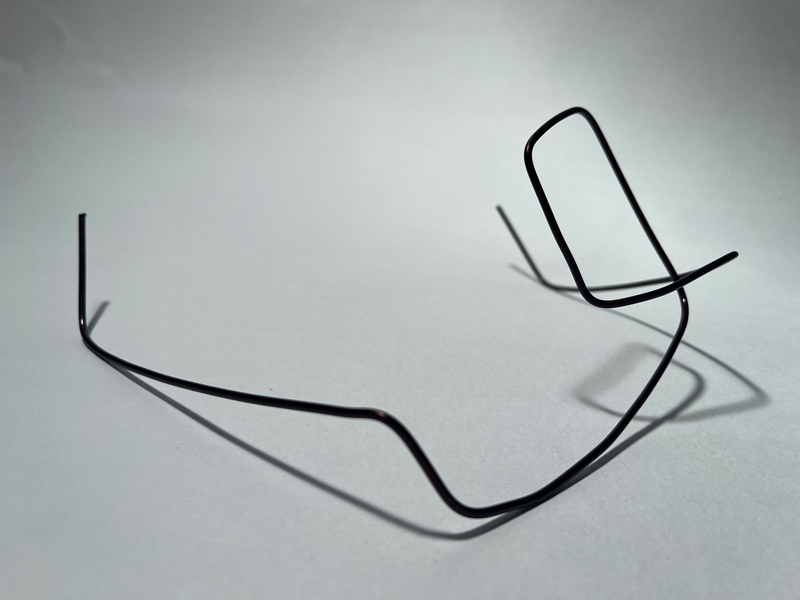
Eye Quotes
Playful, bold eyewear frames that personalize expression and emphasize on confidence
Muskan Jain
2024
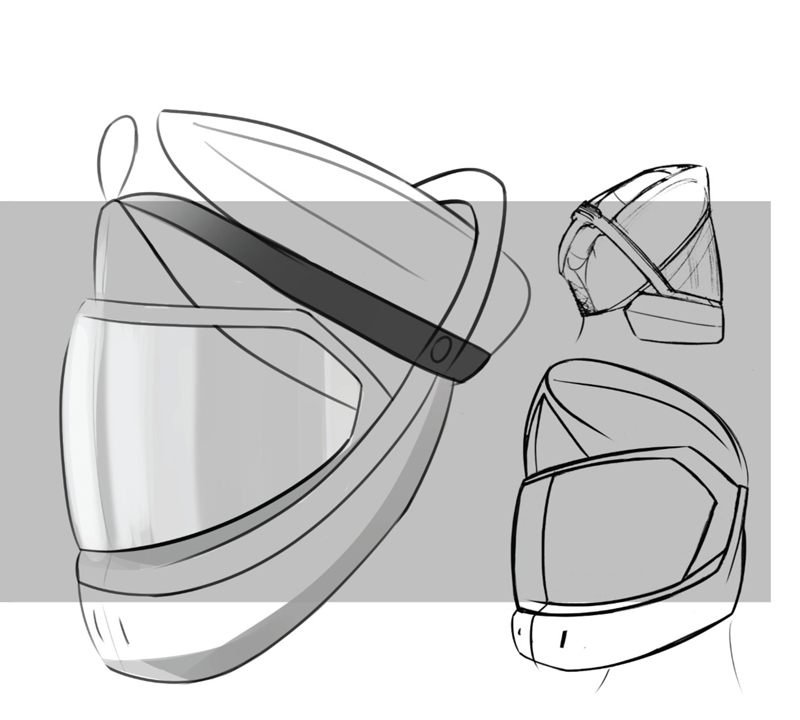
Head Safety
A head safety solution for people who wears a head-dress (turban) for religious, traditional ог cultural reasons while riding two-wheelers.
Faiz Alam, Yatin Thakur
2024
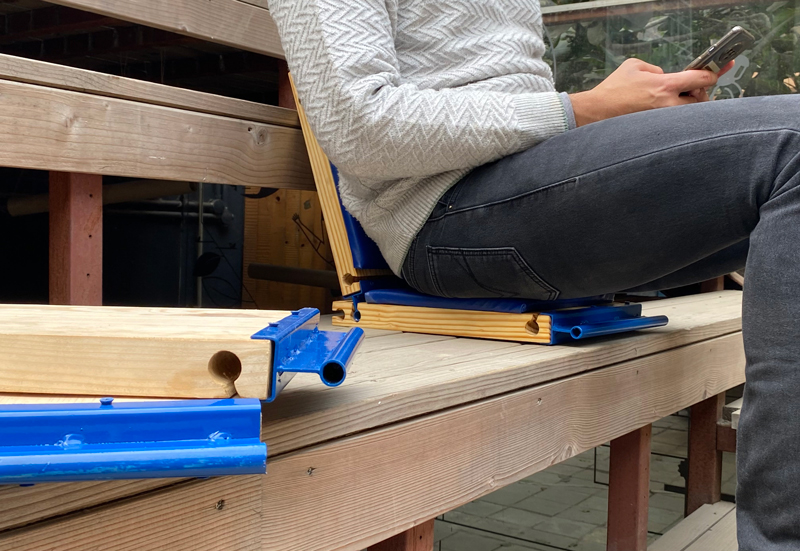
Stair Chair
A seating system that is modular, easy to use, and allows a better seating posture for staircases and other uneven surfaces.
Jugaadh Singh, Mayank Raj
2024
(EXPOSURE)
Kickstart Making at world's
finest Professional Workshop
MAKE Abu Dhabi is a community-based space for creative individuals that is part workshop, lab, studio and garage with a wide range of professional-grade machinery, tools and classes covering the technical, the mechanical and the tactile elements of engineering, making and design. TDV students, in their first year of the programme, access an all-inclusive immersion working at Make Abu Dhabi that widens their horizon, preparing them to imagine and innovate the future.

(FACILITIES)
Access Industry-Grade ExoLab Network
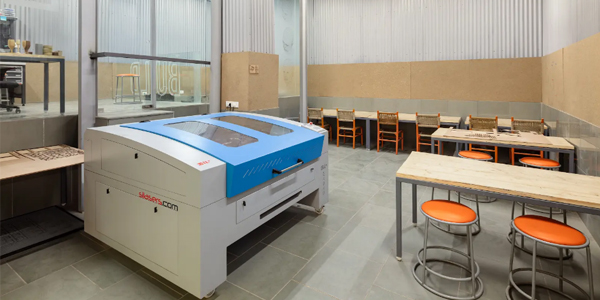
FabLab
Fabrication Lab accredited by Fab Foundation, a US non-profit emerged from MIT's Center for Bits and Atoms FabLab Programme, offering state-of-the-art and most advanced machinery on-campus, with a capacity of 30 students.

Stem Design
Address: Sector 4, Noida

Material Library
of India
Address: Sector 57, Noida
Vikram Goyal
Studio
Address: Sector 64, Noida

Gomaads Concrete
Address: Sector 8, Noida
(MASTERS)
Learn from
Industry Masters


Aarti Aggarwal
Professor of Practice
Director, Knock on Wood

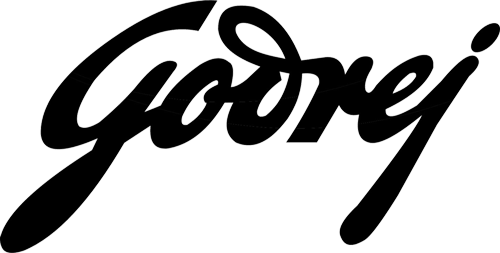
Henry Skupniewicz
Head, Godrej Design Labs
Fabrication Futures, 2024
(FACULTY)
PROGRAMME FACULTY
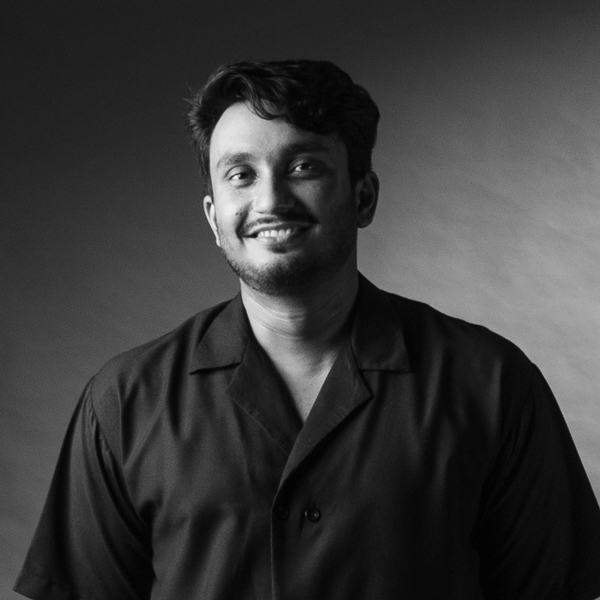
Priankar Dasgupta
Programme Head
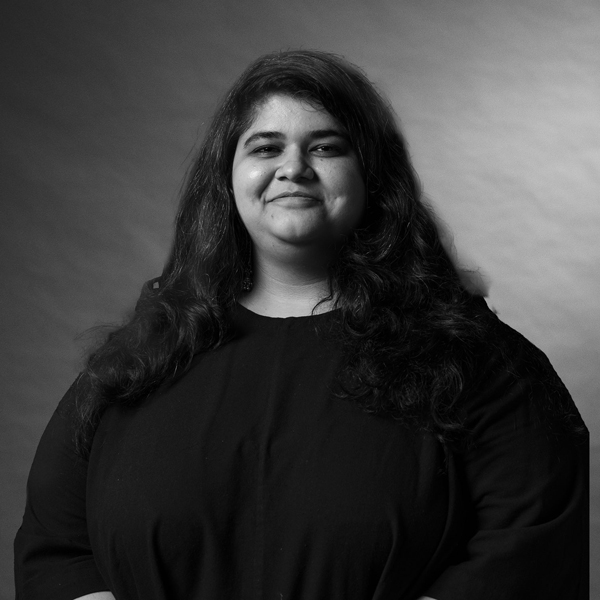
Anusha Dhawan
Programme Coordinator
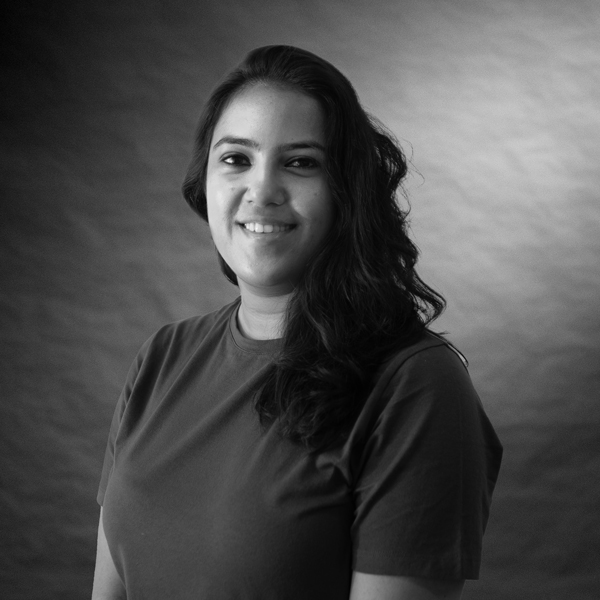
Aditi Varshnei
Faculty
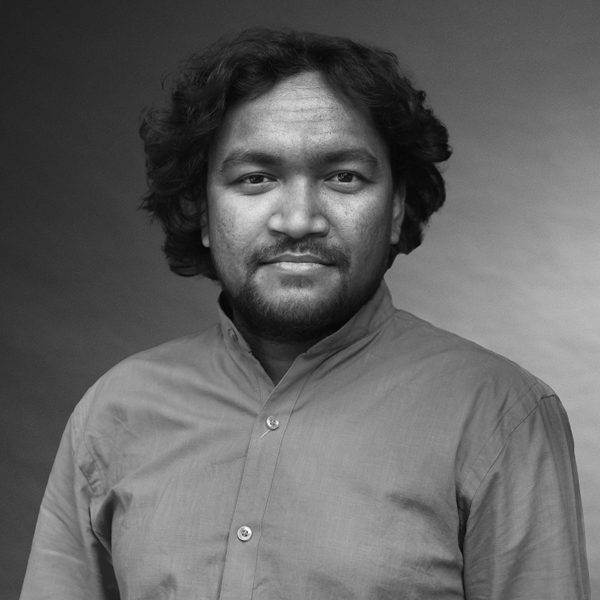
Gopendra Pratap Singh
Faculty
Noida
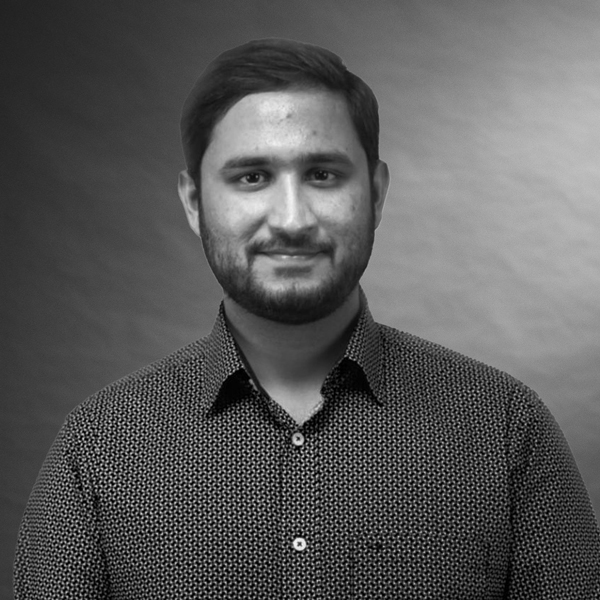
Rohit Kothari
Faculty
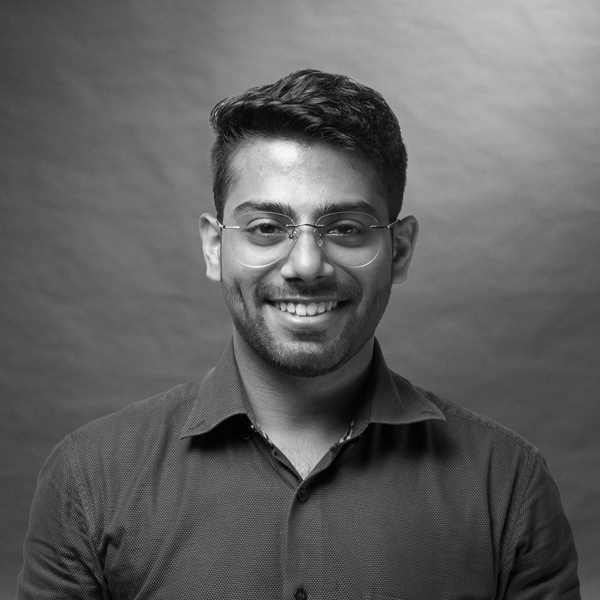
Tushar Kaladharan
Faculty
(FAQs)
FREQUENTLY
ASKED
QUESTIONS
Product& Industrial Design at TDV
1) What is Product and Industrial Design?
1) Product and Industrial Design is a multidisciplinary field focused on creating and improving products and systems that enhance user experience while balancing aesthetics, functionality, and market viability. Product design involves designing consumer goods such as household items and electronics, while industrial design encompasses the broader practice of manufacturing products.
Key elements include user-centered design, where understanding user needs and preferences is crucial; aesthetics, which involves creating visually appealing products; and functionality, ensuring products serve their intended purposes effectively. The design process typically involves research, ideation, prototyping, testing, and iteration, culminating in production that considers materials and manufacturing processes.
Areas of focus within the field include sustainable design, smart products that integrate technology, and specialized sectors like consumer electronics and furniture design. Career opportunities for graduates range from product and industrial designers to user experience designers and sustainable design consultants. Ultimately, Product and Industrial Design significantly impacts society by shaping the products we use daily, improving quality of life, and addressing challenges through innovative solutions.
2) Why study Product and Industrial Design?
2) Product and Industrial Design is a dynamic field that offers a rewarding blend of creativity, technical expertise, and problem-solving. If you’re passionate about creating innovative and functional products that improve people’s lives, this programme is the perfect choice for you.
Here are some compelling reasons to study Product and Industrial Design:
1) Creative Expression: Unleash your creativity and transform ideas into tangible products that make a lasting impact.
2) Technical Expertise: Develop a strong foundation in design principles, materials, manufacturing processes, and digital tools.
3) Problem-Solving Skills: Hone your ability to identify problems, conduct research, and design effective solutions.
4) Human-Centered Design: Learn to create products that meet the needs and desires of users.
5) Career Opportunities: Graduates of Product and Industrial Design programs are highly sought after in a variety of industries, including product design, manufacturing, user experience design, and more.
6) Global Impact: Contribute to a sustainable future by designing products that are environmentally friendly and socially responsible. By studying Product and Industrial Design, you’ll gain the skills and knowledge to shape the world around you and make a meaningful difference.
3) What does Product and Industrial Design programme cover?
3) Product and Industrial Design is a comprehensive program that covers a wide range of subjects, equipping students with the skills and knowledge to create innovative and functional products.
Here’s a breakdown of the key areas you’ll explore:
1) Design Process: Understanding the entire product development process, from initial ideation to final manufacturing.
2) Material Science: Exploring various materials and their properties to select the best options for different products.
3) Form and Aesthetics: Designing products that are visually appealing and aesthetically pleasing.
4) Ergonomics: Ensuring products are comfortable and easy to use for their intended users.
5) Manufacturing Processes: Learning about different production techniques and their impact on product design.
6) Computer-Aided Design (CAD): Using digital tools to create and visualize product designs.
7) Prototyping: Developing physical models to test and refine product designs.
8) Sustainable Design: Incorporating eco-friendly practices into product creation.
9) User Experience (UX) Design: Focusing on the user’s interaction with products and creating intuitive and enjoyable experiences.
Through a combination of theoretical knowledge and practical application, you’ll develop the skills to design products that are not only functional but also visually appealing, user-friendly, and sustainable.
4) Do I need to be good in art or drawing to study Product and Industrial Design?
4) While artistic and drawing skills can certainly be beneficial, they are not a prerequisite for studying Product and Industrial Design.
The programme focuses on developing a broader range of skills, including:
1) Creativity: The ability to generate innovative ideas and think outside the box.
2) Problem-solving: The capacity to identify and address design challenges effectively.
3) Technical skills: Knowledge of materials, manufacturing processes, and digital design tools.
4) User-centered thinking: Understanding the needs and preferences of users and designing products accordingly.
While artistic ability can be helpful, the programme will provide you with the necessary tools and training to develop your design skills. The focus is on the overall design process, not just your artistic talent.
1) Why choose The Design Village for Product and Industrial Design?
1) The Design Village offers a unique and comprehensive approach to Product and Industrial design. Here’s why we stand out:
1) Innovative Curriculum: Our curriculum goes beyond traditional design principles, focusing on market relevance, sustainability, and global trends.
2) Global Standards: Aligned with international quality assurance standards and offering international semester exchange / internship opportunities.
3) International Pathways: Explore opportunities to study abroad at renowned universities across the world.
4) Industry Collaborations: Work on real-world projects with and benefit from mentorship from industry experts.
5) Hands-On Learning: Gain practical experience through internships, workshops, and factory visits.
6) Sustainable Focus: Learn sustainable design principles and contribute in a more futuristic manner to the industry.
7) Networking Opportunities: Connect with industry professionals and showcase your work at prominent places.
By choosing The Design Village, you’re investing in a world-class education that will equip you with the skills and knowledge to excel in the competitive field of design.
2) What is the teaching methodology in TDV’s Product and Industrial design course?
2) The journey is based on the learning manifesto of each student and the itinerary chalked out to achieve it.
Hence the journey undertaken by every villager at TDV is unique and bespoke, and it does not have to cease at the end of four years. Although the journey is individual, the villager is not alone. There is a support system of relevant people, to assist the villagers at every junction.
Each villager charters their own personal learning path. This path is custom-made for one with a great mix and match of experiences, projects, and tools through three streams of interrelated activities:
1) ‘Villaging’ activities for personal development, with the goal to build the TDV community and oneself
2) Design projects to be retrieved from the ‘task box’, where everything is based on reality.
3) ‘Baskets’ contain clusters of courses characterized by a common theme, discipline, or learning objective.
3) What qualifications do I need to become a Product and Industrial Designer?
3) It is recommended to pursue a Bachelors or Masters degree in Product and Industrial Design in order to understand the nuances of the field in a focused manner to build a rewarding career for yourself. However, some people also consider short-term diploma or certificate courses in this field.
4) What does a Product and Industrial Designer Do?
4) Product and Industrial Designers are responsible for creating innovative and functional products that enhance people’s lives. They play a crucial role in the development of a wide range of products, from consumer electronics and appliances to furniture, automobiles, and medical devices.
Here’s a breakdown of their typical responsibilities:
1) Research and Analysis: Conducting market research to understand user needs, preferences, and trends.
2) Concept Development: Generating creative ideas and concepts for new products or improvements to existing ones.
3) Sketching and Modeling: Creating sketches, drawings, and 3D models to visualize and communicate design ideas.
4) Prototyping: Developing physical models or prototypes to test and refine designs.
5) Ergonomics: Ensuring products are comfortable, easy to use, and safe for users.
6) Materials Selection: Choosing appropriate materials that are functional, durable, and aesthetically pleasing.
7) Manufacturing Processes: Collaborating with engineers and manufacturers to ensure products can be produced efficiently and cost-effectively.
8) User Testing: Conducting usability testing to gather feedback and make necessary improvements.
9) Branding and Aesthetics: Considering the product’s overall appearance and how it aligns with the brand’s identity.
Product and Industrial Designers are responsible for the entire product lifecycle, from initial concept to final production. Their goal is to create products that are not only visually appealing but also functional, user-friendly, and sustainable.
5) What career opportunities await Product and Industrial Design graduates?
5) Product and Industrial Design graduates have a wide range of career opportunities available to them, thanks to the versatility and demand for their skills. Here are some potential career paths:
1) Product Designer: Designing a variety of products, including consumer electronics, appliances, furniture, toys, and medical devices.
2) Industrial Designer: Focusing on the design of industrial products, such as machinery, equipment, and manufacturing processes.
3) User Experience (UX) Designer: Designing products with a focus on user interaction and experience.
4) Interaction Designer: Designing digital interfaces and user experiences for websites, apps, and other digital products.
5) Transportation Designer: Designing vehicles, such as cars, motorcycles, and airplanes.
6) Furniture Designer: Designing furniture for residential and commercial spaces.
7) Manufacturing Engineer: Working in manufacturing settings to optimize production processes and improve product quality.
8) Sustainability Consultant: Consulting with companies on sustainable product design and manufacturing practices.
9) Entrepreneurship: Starting your own design firm or product-based business.
With their strong foundation in creativity, technical skills, and problem-solving, Product and Industrial Design graduates are well-equipped to pursue a variety of exciting and rewarding careers.
6) How does TDV help you prepare for your product design career or industrial design career?
6) At The Design Village (TDV), the industry division is essentially transforming students into industry-ready professionals, preparing them to excel in the competitive design world. Our approach is comprehensive and personalized, guiding students through each stage of their career journey.
We offer in-depth career counseling, with one-on-one sessions that help students refine their portfolios, craft strong CVs, and build confidence through mock interviews and targeted workshops. This tailored support ensures that each student’s unique strengths and goals are matched with curated job and internship opportunities. Our extensive industry connections enable us to place students in roles that align with their skills and aspirations while providing meaningful challenges.
Global exposure is a key focus of our work. Through strategic international partnerships, we offer students opportunities to participate in semesters abroad and secure global job opportunities, accelerating their career growth and broadening their perspectives.
Additionally, we bring real-world industry challenges directly into the classroom by integrating live project briefs into the curriculum. Students can apply their knowledge to solve actual industry problems, gain hands-on experience, publish their work, and visit partner workplaces for deeper insights into diverse design practices.
Through these initiatives, TDV ensures that students are not just prepared for the design industry but they are ready to excel and innovate on a global stage. We are committed to supporting our students from the classroom to successful careers, helping them thrive in the ever-evolving world of design.

Retail Packaging, 2023, Boond Fragrances
Packaging for Rose Water, Strategies to develop sustainable packaging for bringing rosewater as a new product to the market